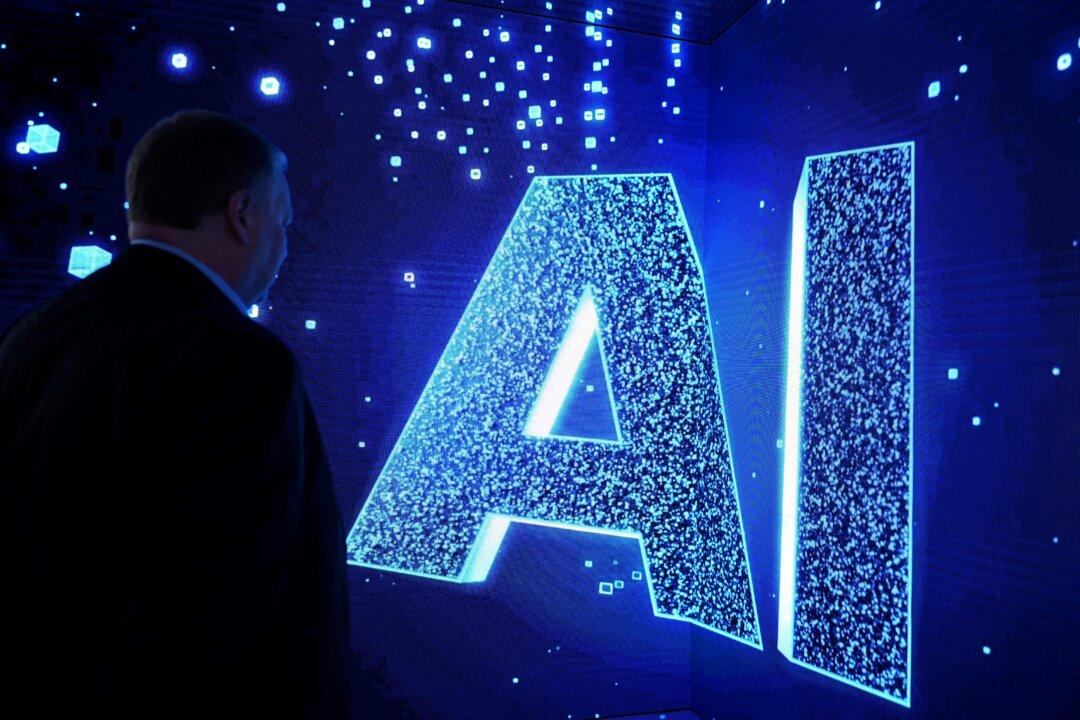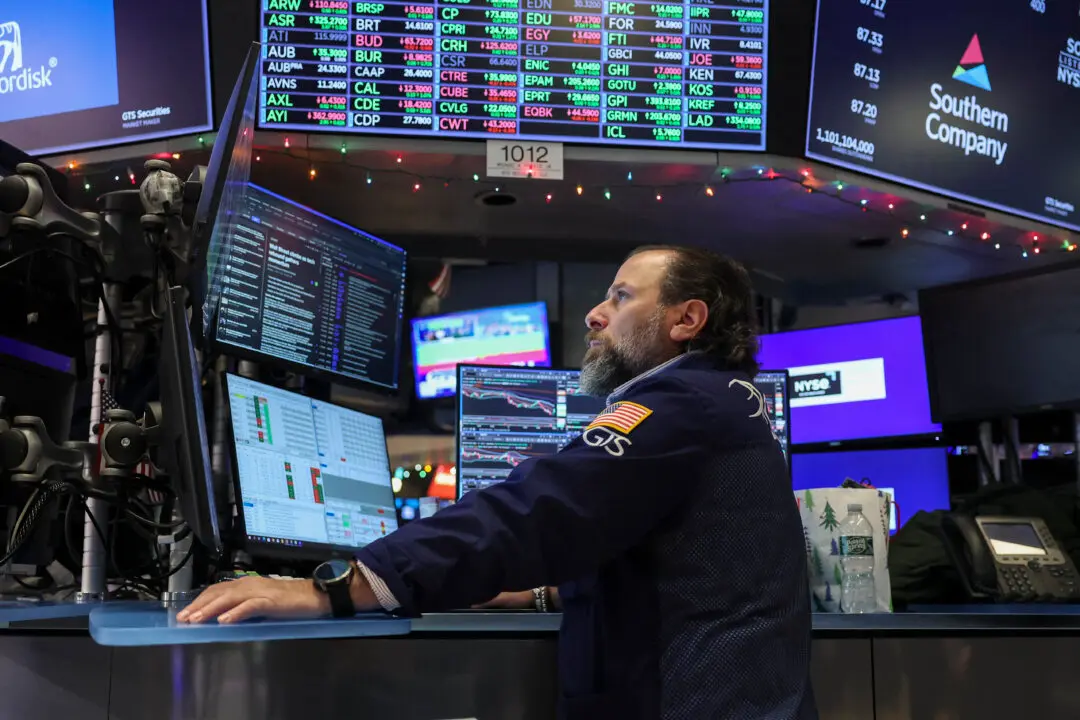California Gov. Gavin Newsom said on Dec. 16 that the state faces unique challenges related to energy and natural resource consumption as the world leader in artificial intelligence (AI).
The governor highlighted the fact that 32 of the top 50 AI companies—including OpenAI, Anthropic, and Databricks—worldwide are headquartered in the Golden State.





